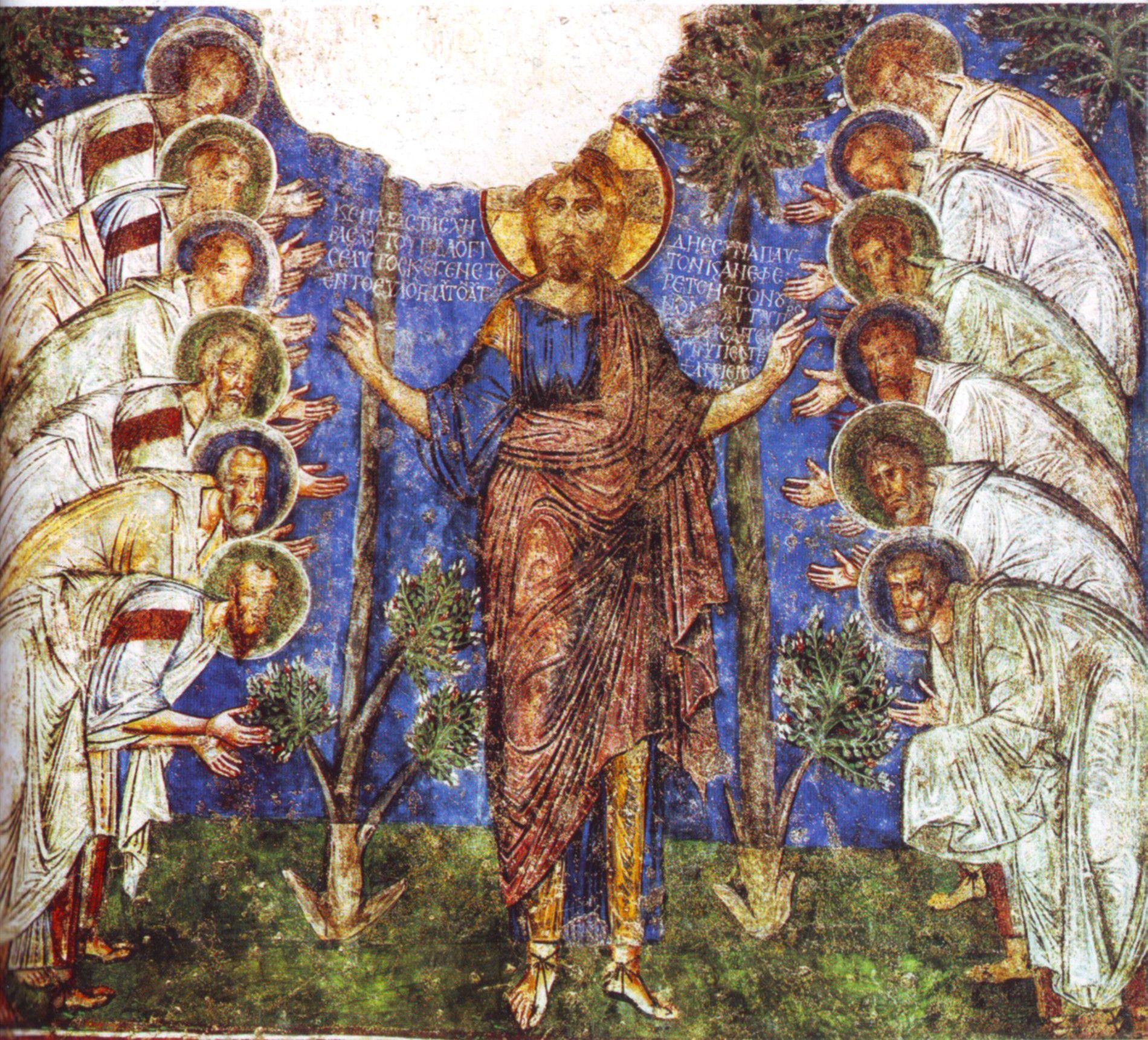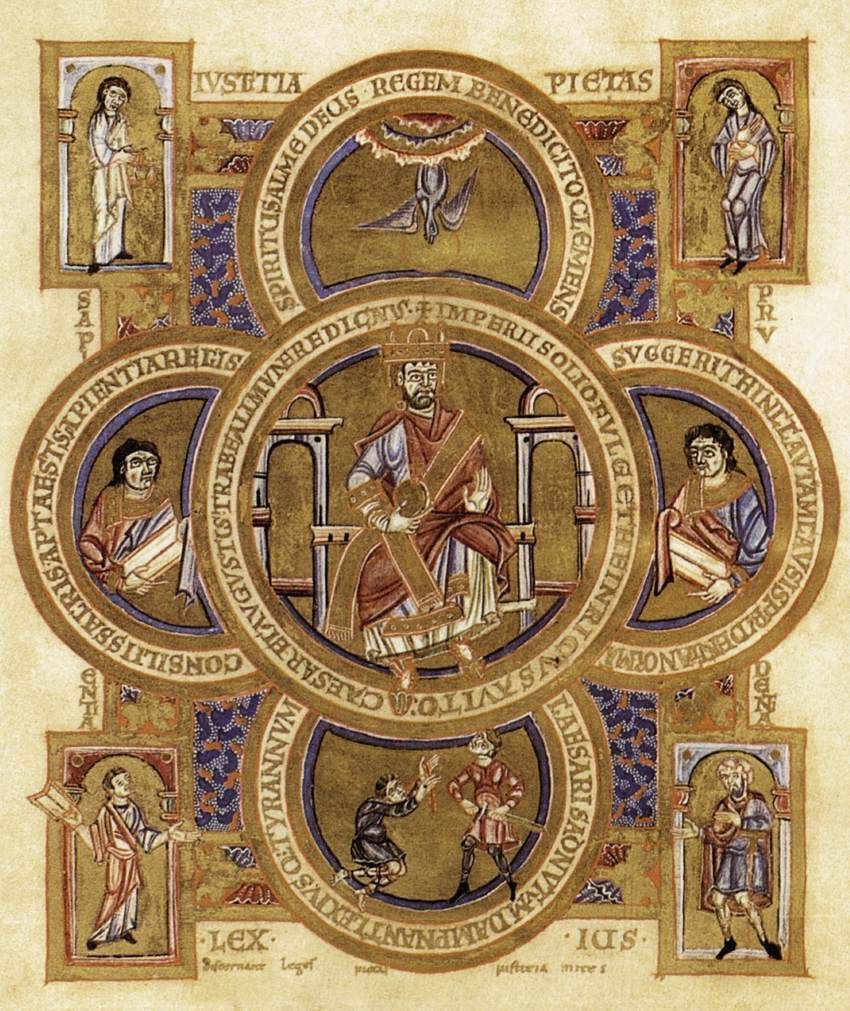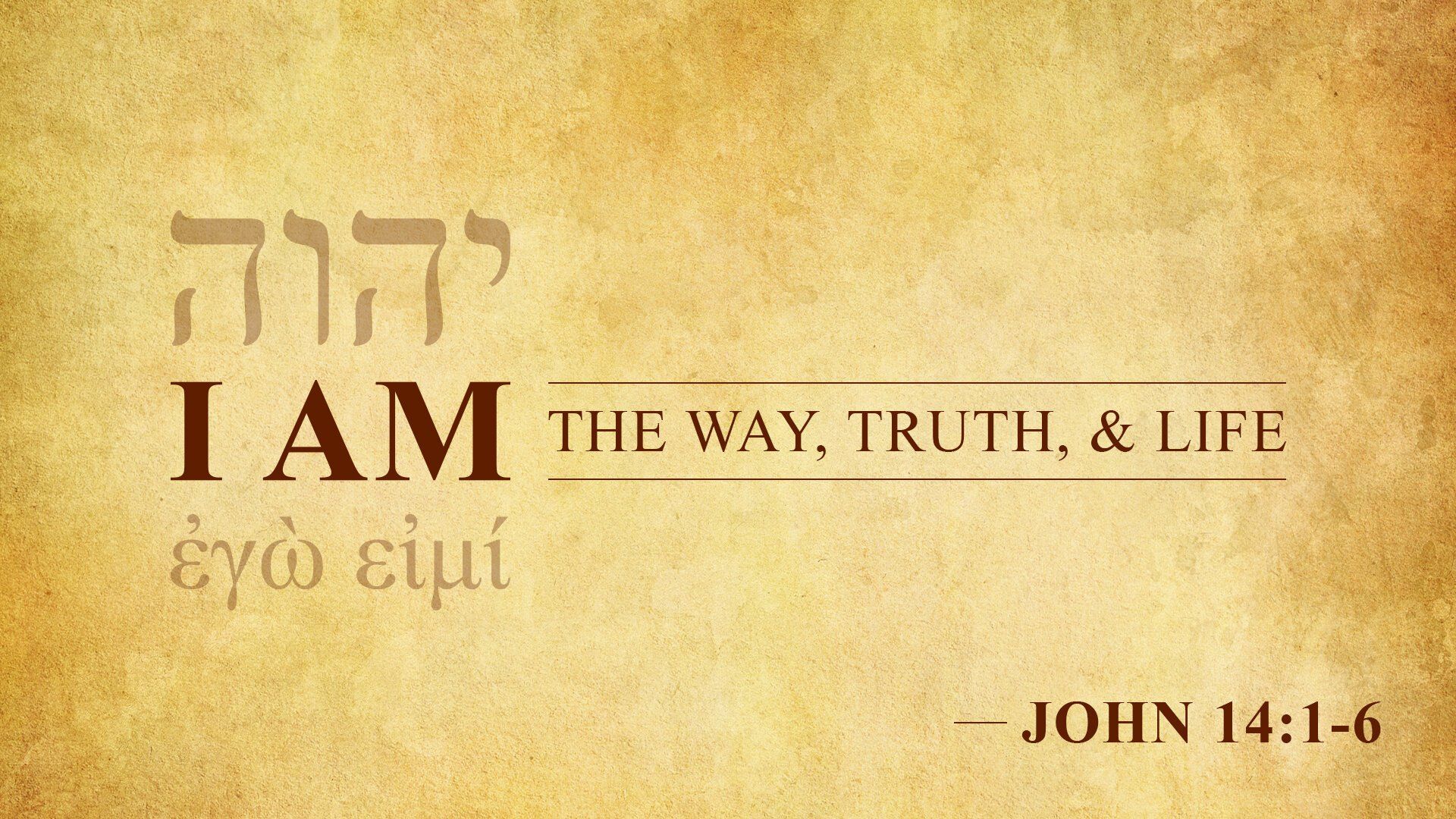Message of Abbot Paul - Thursday - 23rd May 2024
Abbot Paul • May 22, 2024
When you read this message this morning I will be on my way to Greece, to visit longstanding friends in Thessaloniki, a city I have loved ever since living there in 1967/68. I will be flying from Birmingham to Thessaloniki via Frankfurt, a route I often take. The second city of Greece, I have always found it more fascinating and interesting than Athens, a city with a long and amazing history. I look forward to sending a few messages from Macedonia over the next few days. I’ll be keeping you in my prayers.
In today’s Gospel reading we continue with a section of teaching on what it means to be a follower of Jesus. We are in Mark chapter 9, (Mk 9: 41-50), where Jesus is speaking with his disciples. He says, “If anyone gives you a cup of water to drink just because you belong to Christ, then I tell you solemnly, he will most certainly not lose his reward. But anyone who is an obstacle to bring down one of these little ones who have faith, would be better thrown into the sea with a great millstone round his neck. And if your hand should cause you to sin, cut it off; it is better for you to enter into life crippled, than to have two hands and go to hell, into the fire that cannot be put out. And if your foot should cause you to sin, cut it off; it is better for you to enter into life lame, than to have two feet and be thrown into hell. And if your eye should cause you to sin, tear it out; it is better for you to enter into the kingdom of God with one eye, than to have two eyes and be thrown into hell where their worm does not die nor their fire go out. For everyone will be salted with fire. Salt is a good thing, but if salt has become insipid, how can you season it again? Have salt in yourselves and be at peace with one another.” He begins by speaking of simple acts of charity between those who are his followers and goes on to speak of sin, especially those sins that become an obstacle for others and are likely to affect their faith in a negative way. He asks his disciples whether they think before they act of the effects their actions and words will have on others, especially on those whose faith is precarious. Do they not realise that others see Christ in them and so whatever they do, they do in his name? Do we stop to think?
The words of Jesus are strong indeed. If your hand or foot causes you to sin, cut it off. If your eye causes you to sin, pluck it out. All I can say, speaking for myself, is that were I to do literally what says, I would have to keep growing new hands, feet and eyes, to cut them off and tear them out every day. Sin is, to some extent, inevitable. But we can at least make the effort, and above all trust in God’s help and the presence of Jesus and the Holy Spirit in our lives. We are the salt of the earth, Jesus tells us, but if we become insipid or tasteless, then what use are we? There is nothing worse than a useless Christian. May we never fall into that trap. Jesus is really inviting us to trust in him, never to give up hope and to remember that he is with us to guide us and help us. Sin is not inevitable, but do we rely on him, that’s the question.













